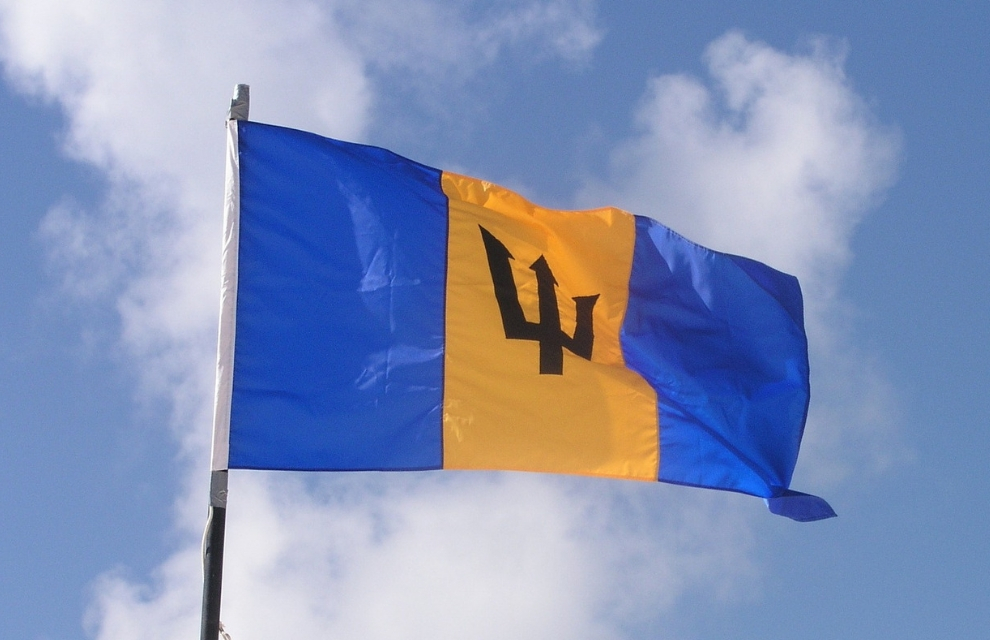Barbados has repealed the Exempted Insurance Act and all insurance entities in the domicile will now fall under an amended Insurance Act, with captives continuing to be zero taxed.
The changes are a move to honour the commitment made by the Barbadian government to stay in line with the guidelines of the Organisation for Economic Co-operation and Development (OECD)’s base erosion and profit shifting (BEPS) initiative.
Had the Barbados government kept its preferential regime, they would likely have incurred severe sanctions.
In additional to abolishing the International Business Companies Act and the Societies with Restricted Liability Act, the Exempted Insurance Act has been repealed.
All insurance companies will now fall under the amended Insurance Act, which will provide for three classes of licences for insurance companies.
Class 1 will include insurance companies insuring related party risks, including captives, which will pay a licence fee and be taxed at 0 percent.
Class 2 will include all other insurance companies which insure or reinsure risk of third parties and will be taxed at 2 percent on taxable income.
Class 3, which will also be taxed at 2 percent on taxable income, will include brokers, managers and the like.
All entities licensed before 17 October 2017 will be grandfathered, meaning the benefits enjoyed by these entities will remain.
These entities will, however, now have a tax rate of 1 percent for taxable income in excess of $30 million—in line with the minimum rate.
Mia Amor Mottley, prime minister and minister of finance, economic affairs and investment for Barbados, said though the overhaul of the tax system “threatened to weaken the Barbados economy” the government “will turn this into an opportunity”.
Mottley suggested the pressure put on domiciles by the OECD “may be hypocritical, it may be bullying, it may be an affront to natural justice, as countries set rules for others that they do not adhere to themselves”.
She commented: “There is no path to prosperity that does not lie in being globally competitive; so we might as well bite the bullet and make our tax system so.”
“We choose today to stop running from these constant attacks on a preferential regime.”
“We defend the integrity of Barbados. We keep our promise. But we do more. We say loudly and clearly that we embrace global competitiveness, we will invest in it, we will invest in the training of a workforce with globally competitive skills.”


